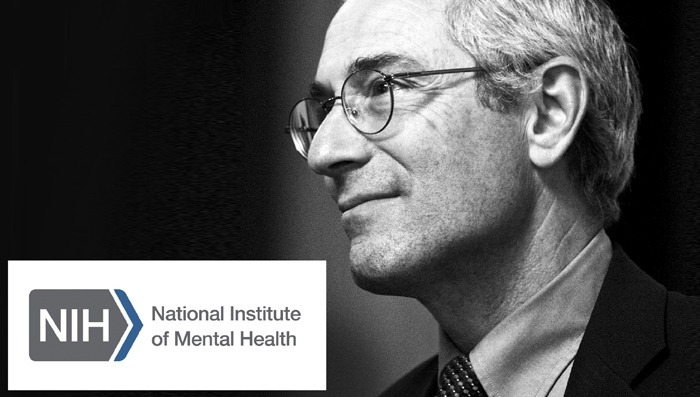Google gets serious about brain & mental health innovation and hires NIMH Director Tom Insel

.
NIH Director’s Statement Regarding Dr. Thomas Insel’s Departure:
“After serving 13 years as Director for the National Institute of Mental Health (NIMH), Thomas R. Insel, M.D., will step down effective November 1, 2015…he is definitely not retiring. He is planning to join the Google Life Sciences (GLS) team at Alphabet (formerly Google) to lead a new effort that will focus on mental health…In his new role, Tom will be exploring this approach for a wide spectrum of issues in mental health. While we conduct a national search for a new NIMH Director, Bruce Cuthbert, Ph.D., will serve as Acting Director. Bruce has held a number of leadership positions at the NIMH, serving as the Director of the Division of Adult Translational Research from 2009 to 2014, and until recently devoting his efforts full time to the Institute’s RDoC effort…Please give Bruce your full support, and join me in congratulating Tom on his extraordinary time at the NIH, thanking him for all he’s done, and wishing him the very best in this next stage of his career.”
–> To learn more about Dr. Insel’s views for the future, you can view his presentation below, and also read his most recent blog article, Look who is getting into mental health research:
My summer tour of tech companies, large and small, left me with one unexpected conclusion. While the focus of wearable technology and online apps has thus far mostly been for managing heart disease and diabetes, the tech approach may be best suited for mental health. The biomarkers for depression and psychosis and post-traumatic stress disorder are likely to be objective measures of cognition and behavior, which can be collected by smartphones. Some of our most effective interventions are psychosocial treatments that can be delivered or extended by smartphones and tablets. Most important, the sensors and the interventions can be integrated into a closed loop so that care is continuous and iterative. Increasing symptoms, suicidal impulses, and paranoid thoughts lead immediately to an intervention. Population-based studies have shown that less than half of people with mental illness seek care. And workforce studies have shown that 55 percent of counties have no mental health care provider. Technology is not the answer to all problems, but it may help those with mental illness even more than those with other chronic, serious medical conditions.
–> To learn more about Dr. Cuthbert’s views for the future:
–> To learn more about what’s next, join the upcoming 2015 SharpBrains Virtual Summit: Monitoring & Enhancing Brain Health in the Pervasive Neurotechnology Era (November 17–19th, 2015)


